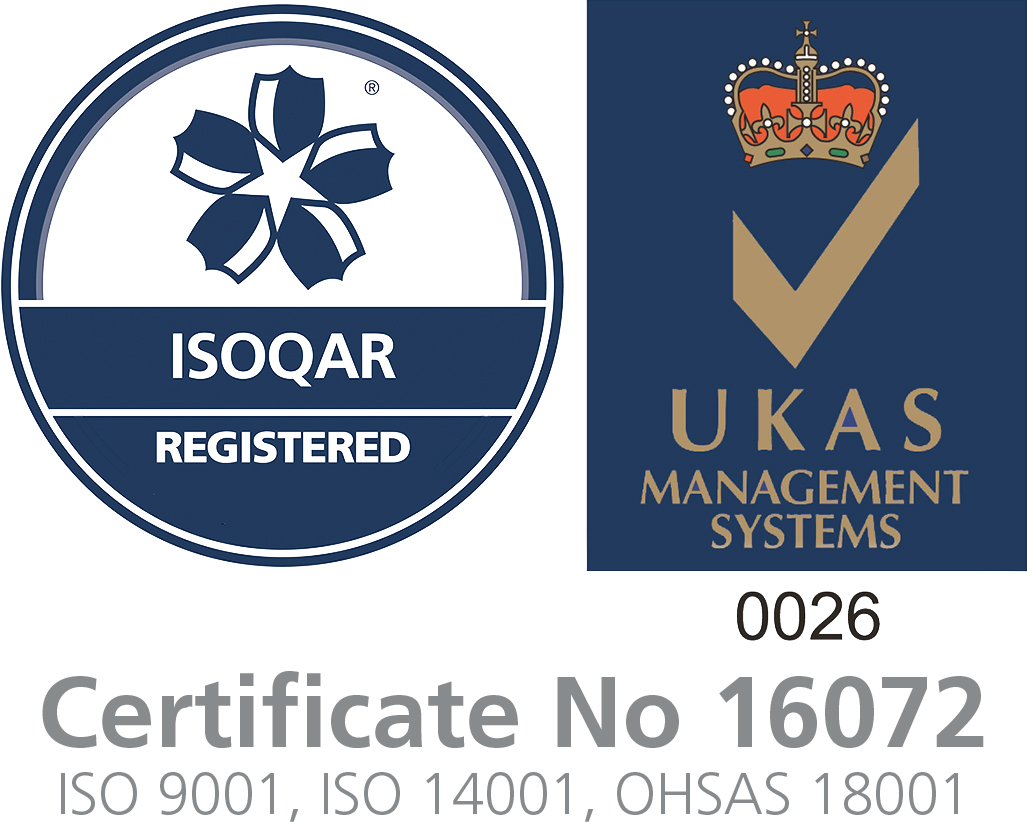Quality Control, Environmental Impact and Health & Safety in the workplace are compulsory for every organisation. In this blog we outline the importance of ISO standards, what they mean and what standards Conquip are certified for. Read on to learn more about these standards and how they impact our business.
Why is ISO important?
No doubt you have heard of ISO before. You may also know what it stands for and what it does. But I know a lot of people question “Is it all theory and a box ticking exercise, or does it actually benefit the company and their customers alike?”
Good question. This article will help answer the question for you and demonstrate that ISO standards do indeed offer massive benefits for all involved.
ISO stands for International Organization for Standardization
ISO is an independent, non-governmental organisation that develops and publishes international standards, and through its members it brings together experts to share knowledge and develop voluntary relevant standards that support innovation and provide solutions to global challenges.
In simple terms, it is a series of frameworks that help run businesses effectively and for the good of all stakeholders. If a company is ISO certified, this is proof that they have been approved by an external body to comply to all the requirements of the standard.
At Conquip, we have recently become re-certified for all of the following ISO UKAS Accredited Management Standards:
- ISO 9001:2015 Quality Management
- ISO 14001:2015 Environmental Management
- OHSAS 18001 Occupational Health & Safety Management
In less than a year, which is a phenomenal achievement, our QHSE Team brought all of our policies and procedures up to date and compliant with each of the standards, and got the whole company up to speed to ensure the procedures were implemented across every department of the business. Our management systems were then audited by a 3rd Party organisation to ensure that we were doing what we said we were doing. We also have controls and regular reviews in place to ensure we maintain consistency and keep up-to-date.
How do these standards impact Conquip?
The 3 standards that we are certified for cover Quality Control, Environmental Impact and Health & Safety in the workplace. These standards effect every area of the company: from product design, manufacturing and delivery, through to customer data management and even product portfolio management. Along with the introduction of some new procedures and control reviews have come numerous benefits.
Efficiency
Streamlined and controlled processes, coupled with highly-skilled staff and the use of excellent tools and quality materials allows us to be efficient in manufacturing, resulting in less wastage and faster output, cutting costs.
Progression
These standards allow us to be innovative and agile in our design processes, which enables us to adapt to change quickly and efficiently, and therefore listen and respond to industry issues to be able to supply cutting edge solutions.
Employee Engagement
Increased training and skills allows staff to progress, fulfil their potential and take ownership of their role. Allowing staff to feel safe in their work environment also encourages motivation and engagement. Talent and commitment produces a top quality result, and also lends itself to excellent, friendly service.
These impacts aren’t static or a one-off benefit. The continued adherence to the standards’ requirements leads to increased advantages for ourselves and all stakeholders.
What knock-on effect does this have on our customers and the construction industry?
As a key supplier of the construction industry, we care about quality in everything we do. By supplying equipment to help the industry reduce costs, reduce impact on the environment and improve safety on site and in the local community, we can be our clients’ partner of choice for projects around the world.
When you hire or purchase construction equipment from Conquip you can be sure that you’re opting for a reliable and trustworthy supply chain partner that offers safe and controlled products and services.
Engineering a Better Environment







